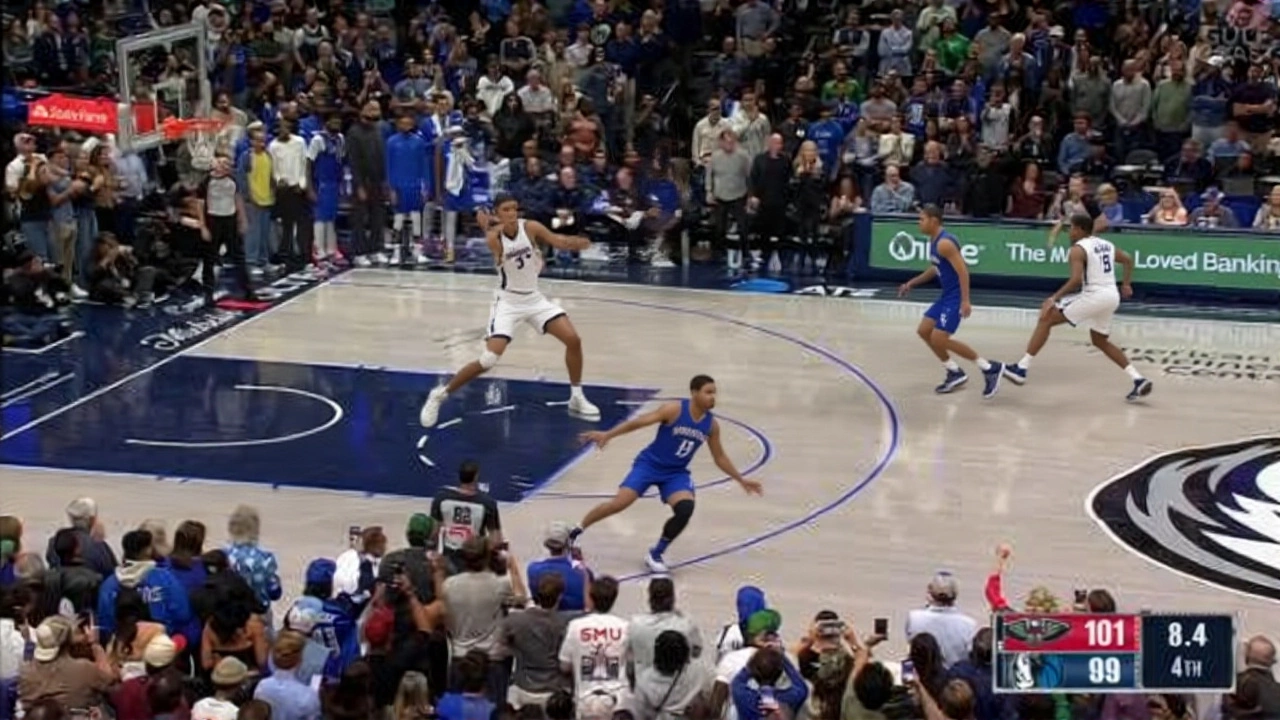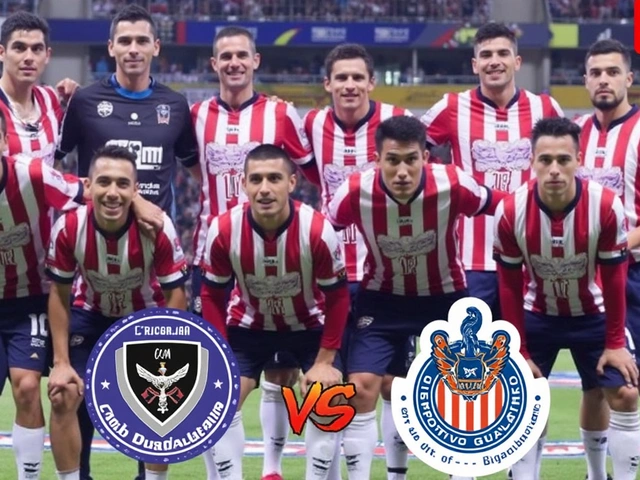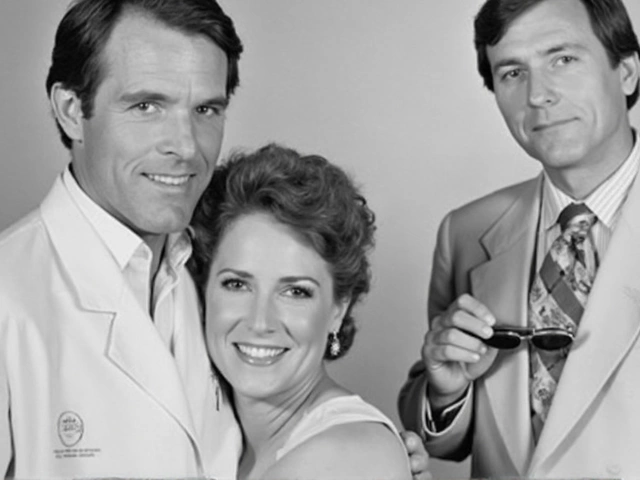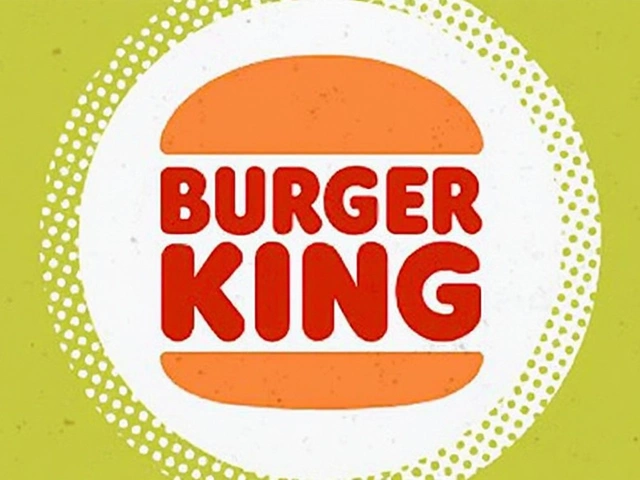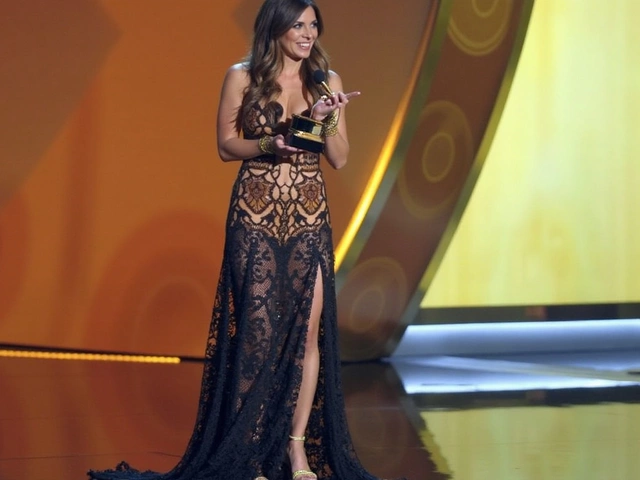The New Orleans Pelicans escaped with a 101-99 win over the Dallas Mavericks on Wednesday, November 5, 2025, at the American Airlines Center in Dallas — a game that ended not with a buzzer-beater, but with a rim-out and a desperate scramble that sealed the outcome. Saddiq Bey delivered his best performance of the season: 22 points, nine rebounds, and relentless defense on the perimeter, carrying a battered Pelicans squad through a chaotic, physical battle. With just two seconds left, Dallas rookie Cooper Flagg drove the lane and released a running floater — it hit the back rim, bounced high, and Trey Murphy III fought off two defenders to corral the rebound as the clock expired. The arena fell silent. The Pelicans’ bench erupted. And for the second time in three nights, New Orleans clawed out a win they had no business winning.
Injuries, Lineups, and Grit
The Pelicans are playing without their two best players: Zion Williamson (strained hamstring) and Jordan Poole (sore knee). That’s forced head coach Willie Green to rotate through a seventh different starting five in eight games. They started Derik Queen at power forward and Kevon Looney — yes, the former Golden State center — at center, despite Looney being a free agent just weeks ago. The Mavericks weren’t much healthier. Missing Anthony Davis (calf strain) and Dereck Lively II (sprained knee), they leaned even harder on Flagg, their 19-year-old phenom who’s already averaging 17.3 points per game in his first 10 NBA appearances.It’s not glamorous basketball. It’s not playoff-caliber. But it’s real. And it’s winning.
Who Carried the Load
Bey was the engine. He hit four three-pointers, including a 26-footer late in the second quarter that stretched Dallas’ defense thin. He didn’t just score — he moved without the ball, cut hard to the rim, and finished through contact. His 9-of-14 shooting efficiency was the difference-maker.Behind him, Jeremiah Fears (13 points, 5 rebounds, 3 assists) and Jose Alvarado (13 points, 8 rebounds) gave New Orleans a spark off the bench. Alvarado, the 5’6” sparkplug, played like a man twice his size — diving for loose balls, setting hard screens, and even guarding 6’10” centers. His eight rebounds were a surprise, given his stature. And Trey Murphy III? He added 11 points and three assists, but his defensive presence on Flagg down the stretch was quietly critical.
For Dallas, Flagg was electric: 20 points, nine rebounds, three steals, two blocks — the first time he led the team in scoring. P.J. Washington (15 points, 11 rebounds) and Daniel Gafford (15 points, 8 rebounds) battled inside, but the Mavericks’ perimeter shooting collapsed. Klay Thompson, back from injury, hit three threes in 21 minutes, but D’Angelo Russell shot 3-for-10. The team’s offense sputtered in the fourth quarter, going 5-for-18 from the field after leading by 13 in the first half.
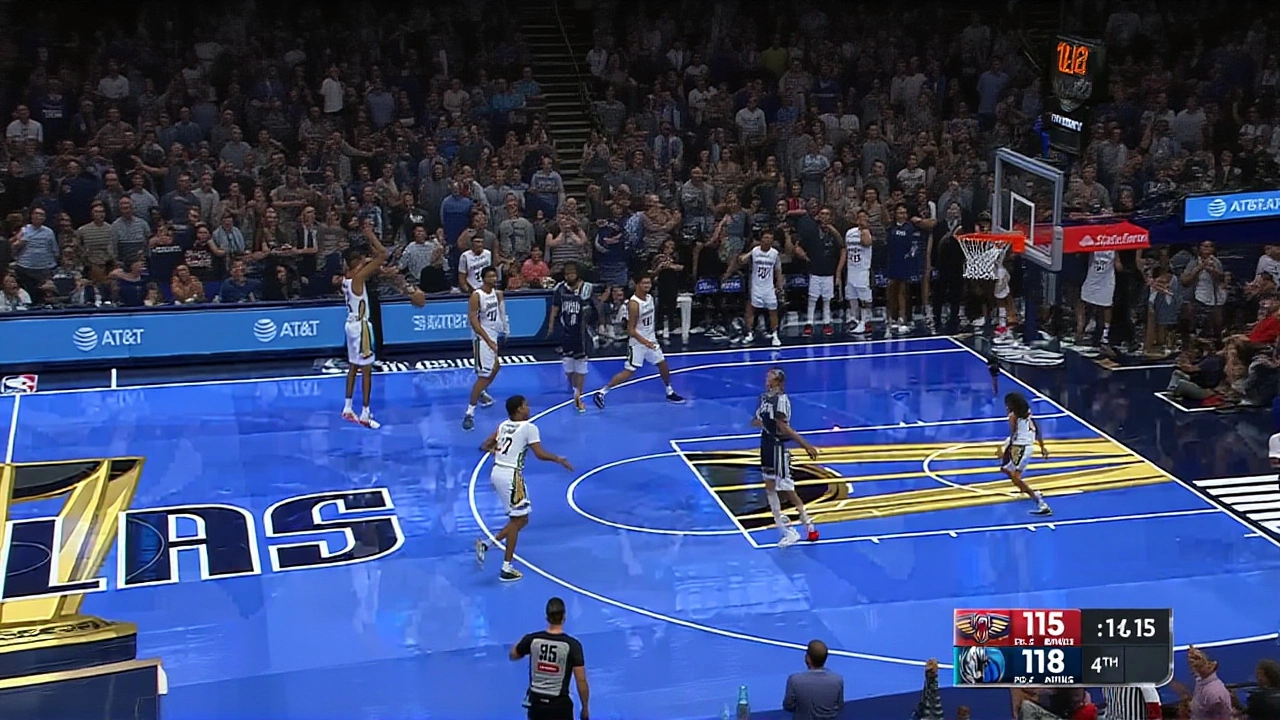
Rebounding Paradox
New Orleans outrebounded Dallas 56-44 — a massive advantage. But here’s the twist: Dallas scored 18 second-chance points. New Orleans scored just 10. That’s because the Pelicans kept missing their own putbacks. They had 19 offensive rebounds — but converted only 10 points off them. That’s inefficiency. That’s bad timing. That’s what happens when you’re missing Zion’s athleticism and Jordan Poole’s playmaking.Yet, somehow, they still won. Because defense, hustle, and one critical rebound mattered more than stats.
What This Means for Both Teams
Both teams are 2-6. Dead even. Tied for the fifth-worst record in the NBA. Neither is a playoff contender — not yet. But the Pelicans, despite injuries, are showing signs of cohesion. They’re playing with a desperation that comes from knowing their window is narrow. The Mavericks? They’re relying on youth. Flagg is the future. But the present? It’s messy. They’re losing close games because they don’t have a reliable closer. No veteran. No go-to guy. Just a kid with a nose for the basket and a lot of heart.The Pelicans’ win snapped a six-game losing streak. Now they’ve won two in a row. That’s momentum. That’s belief. And it’s all they’ve got right now.
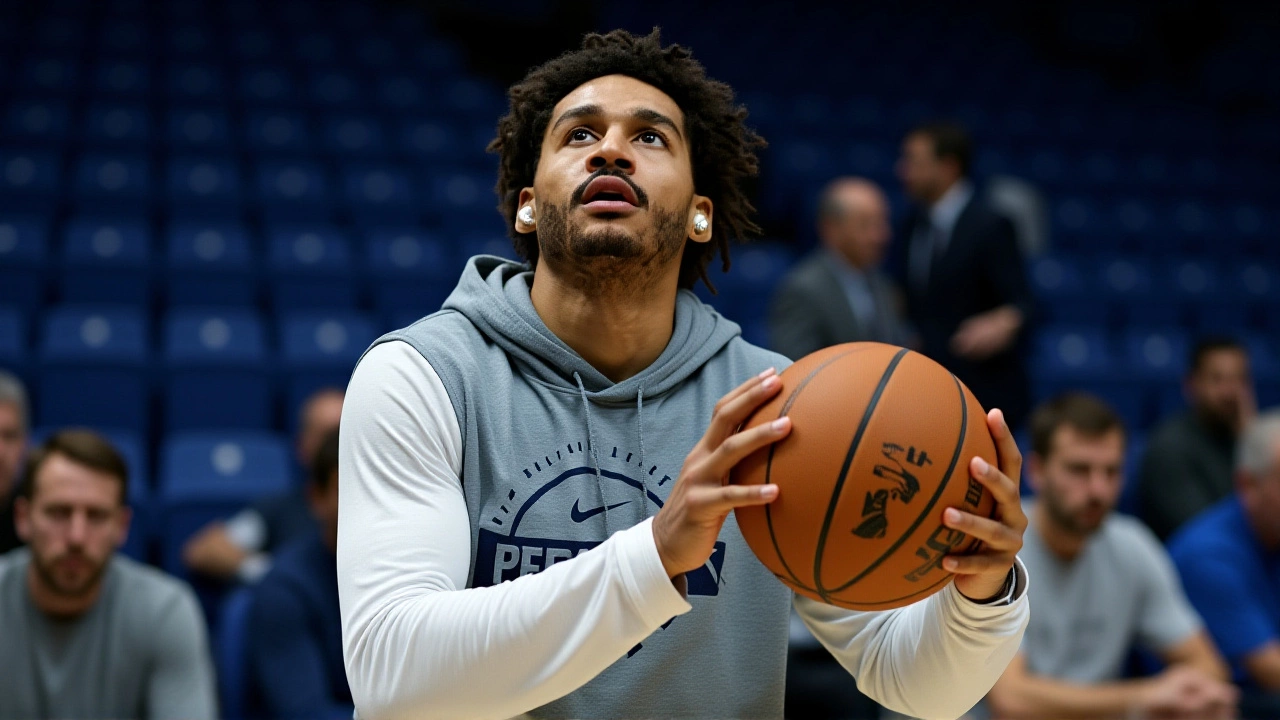
What’s Next?
New Orleans heads to San Antonio on Saturday, November 8, 2025, to face a Spurs team also rebuilding after trading Dejounte Murray. Dallas travels to Memphis on Friday, November 7, to take on a Grizzlies squad that’s quietly climbing the Western Conference standings. The Pelicans need to keep winning to stay relevant. The Mavericks need to stop losing close ones — or risk falling too far behind in the race for draft position.One thing’s clear: this isn’t about stars. It’s about survival.
Frequently Asked Questions
How did Saddiq Bey’s performance compare to his previous games this season?
Before this game, Bey’s season high was 15 points, and he’d only reached double figures three times in eight games. His 22-point, nine-rebound night was a career-best in terms of efficiency (9-of-14 FG) and impact. He also played 37 minutes — his most since joining New Orleans — and recorded his first double-double of the season, signaling a potential breakout after a slow start.
Why is the Pelicans’ rebounding edge misleading?
Though the Pelicans grabbed 56 rebounds, they only converted 10 second-chance points, while Dallas scored 18 off 20 offensive boards. That’s because New Orleans missed 19 putbacks — many on contested, rushed shots. The team lacks a dominant interior presence like Zion Williamson, so even with the numbers, they’re not capitalizing. Dallas, despite being smaller, was more aggressive in crashing the glass.
What’s the significance of Cooper Flagg’s near-game-winner?
Flagg’s running floater with two seconds left was the most clutch moment of his young NBA career. He’s now taken three game-deciding shots in the final 10 seconds this season — and missed all three. That’s not bad for a rookie, but it highlights Dallas’ lack of a veteran closer. Flagg has the talent, but he’s still learning when to shoot and when to pass. The miss wasn’t a failure — it’s a lesson.
How have injuries affected both teams’ rotations?
The Pelicans have used seven different starting lineups in eight games, with Kevon Looney and Derik Queen filling in for Zion Williamson. Dallas has started seven different lineups too, relying on bench players like Max Christie and Caleb Martin. Neither team has had continuity, which explains their poor offensive execution. The NBA’s injury report is brutal this season — and both franchises are paying the price.
What does this win mean for the Pelicans’ playoff chances?
Slim to none — at least for now. With a 2-6 record and Zion out for at least a week, New Orleans trails the Western Conference’s 8th seed by 7.5 games. But winning two straight after a six-game skid shows resilience. If they can stay competitive until Zion returns, they might still push for a play-in spot. For now, it’s about development, not standings.
Is this game a sign of a larger trend in the NBA?
Yes. The league is becoming more parity-driven. Teams without superstars are winning close games through defense, rebounding, and hustle. The Pelicans and Mavericks aren’t outliers — they’re the new norm. Injuries, roster turnover, and a lack of star power are forcing teams to rely on role players. This game was a microcosm of that shift — and it’s happening across the league.
